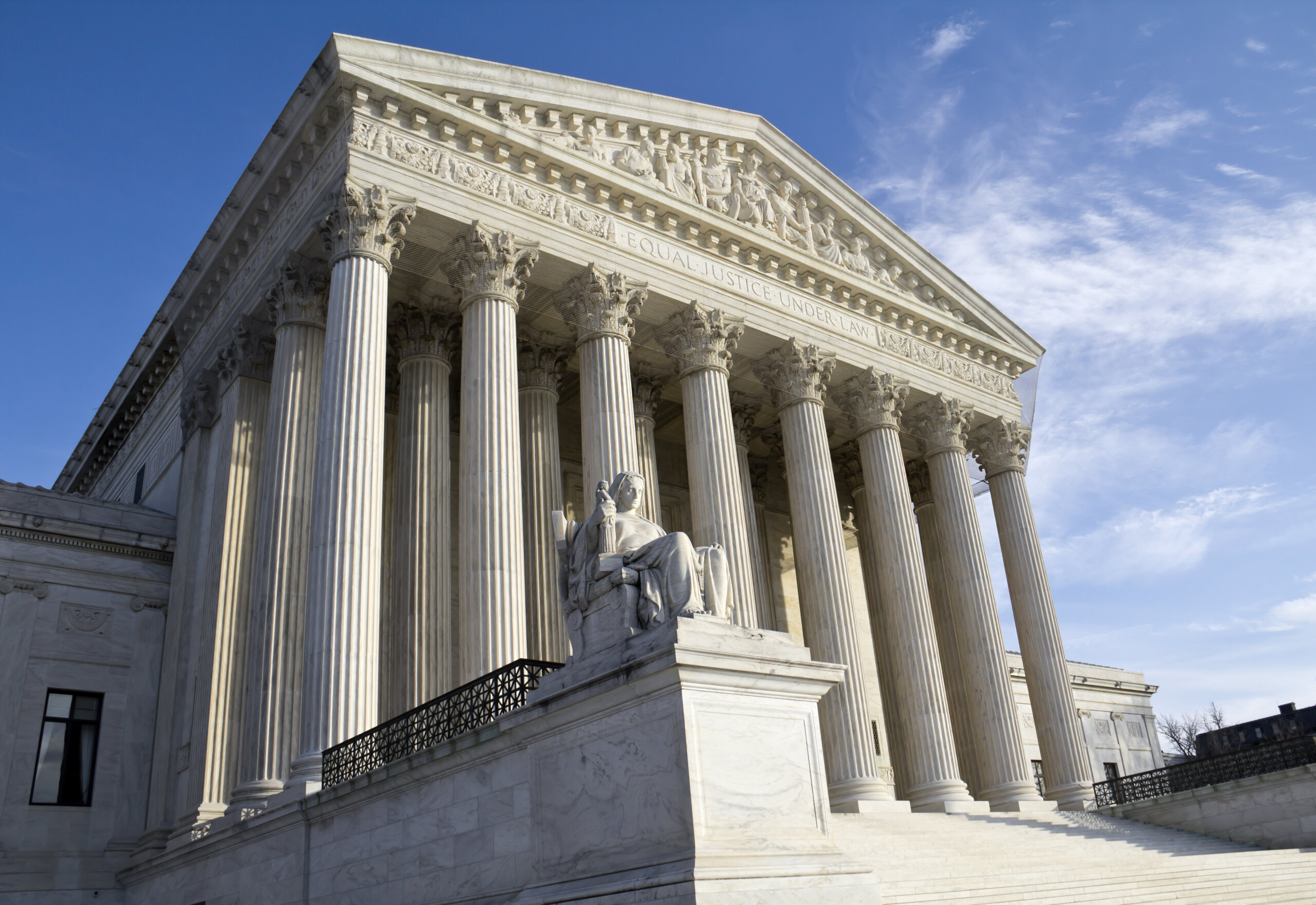Supreme Court to Decide Whether Taxing Unrealized Gain is Constitutional

The Supreme Court is set to hear one of the most consequential tax cases brought before in recent years: whether the repatriation tax imposed on US multinationals by the 2017 Tax Cuts and Jobs Act (TCJA) is constitutional. In the case of C.G. Moore v. U.S., the 9th Circuit Court of Appeals upheld the lower court’s dismissal of the taxpayers’ petition to invalidate the repatriation tax. The taxpayers argued that it violates the Constitution’s Apportionment Clause and the 5th Amendment Due Process Clause. The taxpayers appealed, setting up an epic battle in the Supreme Court’s next term. The high court’s decision could have far-reaching implications for US tax policy beyond just the repatriation tax.
The Facts
The taxpayers invested in an Indian tool company which was a controlled foreign corporation (CFC), a foreign corporation whose ownership or voting rights are more than 50% owned by US persons. The couple reinvested their dividends and received no income, but were covered by the TCJA’s repatriation tax mandate. As a result, their tax liability for 2017 increased by $14,729. This liability was based on their pro rata share of the company’s retained earnings of $508,000, giving them an additional $132,512 in taxable income. Although the tax was a relatively small amount, the case is seen as a test case to attempt to get the Supreme Court to invalidate any wealth taxes on unrealized gain. The International Tax Review reports that eight conservative think tanks lobbied to get the Moore case to the Supreme Court, including the Manhattan Institute, which filed an amicus brief.
The Moores assert that it is unconstitutional to tax them on income before it is realized, before an actual distribution is received or accrued. The taxpayers also challenged the tax as a retroactive tax on past earnings. The 9th Circuit, in upholding the tax, noted that “whether the taxpayer has realized income does not determine whether a tax is constitutional.” The Court also found that retroactive tax legislation has been allowed by the Supreme Court in the past and notes, “The MRT, then, serves a legitimate purpose: it prevents CFC shareholders who had not yet received distributions from obtaining a windfall by never having to pay taxes on their offshore earnings that have not yet been distributed.”
TCJA Repatriation Tax
Before 2017, US taxpayers did not pay US taxes on foreign active business income until those earnings were repatriated to the US. The TCJA transformed US corporate taxation from a worldwide system, where corporations were taxed regardless of where their profits were earned, to a territorial system, where corporations are taxed only on their domestic source profits. The corporate tax rate also was reduced from 35% to 21%.
As part of the transition to the new system, the Act created a one-time mandatory repatriation tax (MRT) on existing profits held offshore. The tax rate is 15.5% for liquid assets and 8% for illiquid assets and could be paid over an 8-year period if a taxpayer elected to pay in installments.
Effects of MRT Invalidation
If the Supreme Court invalidates the MRT, it could kill other provisions that impose tax when there is no realization event. At risk is the subpart F income regime that taxes US taxpayers on some foreign earnings that have not been distributed, the GILTI tax, the mark-to-market rules, taxation of original issue discount, and the ability of the US to participate in the OECD Pillar 2 global minimum tax. As the Tax Foundation observes, “Depending on how the court rules, large portions of the US tax base could quickly become legally uncertain, putting significant revenue at stake.”
Taxpayers Should Get Ready for Change
An outstanding issue is whether invalidation of the MRT will affect taxes already paid by taxpayers in 2017-2018, now outside of open tax years. These taxpayers are not theoretically entitled to claim a refund, which would have expired by 2021 or 2022. Taxpayers paying on the installment method, however, may be able to recover taxes paid in the last three years. Taxpayers with a possibility of a refund should contact their tax advisors now and should consider filing protective claims.
Outlook
The Supreme Court’s new term starts October 2, 2023. The date of oral argument for the Moore case is not yet scheduled. The decision will come by the end of June 2024 at the latest when the Court goes into recess. The outcome is unclear at this point, but it is notable that few tax cases ever make it to the high court. It is possible that the conservative majority granted review to make a significant change to the tax laws. Your Frazier & Deeter tax experts will be watching this one carefully.
Contributors

Lucia Nasuti Smeal, Adjunct Tax Professor Georgia State University
Lucia Nasuti Smeal is a guest blogger on tax topics for Frazier & Deeter. Smeal is an attorney, an adjunct tax professor with Georgia State University’s J. Mack Robinson College of Business and with Franklin University, and former editor of Tax Notes Today, published by Tax Analysts. Smeal also worked as a legislative analyst for the Congressional Research Service and is a former member of the US House Periodical Press Corps. She is a frequent speaker and writer on current tax developments.
Explore related insights
-
Supreme Court Overturns Tariffs in Learning Resources, Inc. v. Trump
Read more: Supreme Court Overturns Tariffs in Learning Resources, Inc. v. Trump
-
Start-Ups Returning to R&D Tax Credit: Opportunities Under OBBBA
Read more: Start-Ups Returning to R&D Tax Credit: Opportunities Under OBBBA








